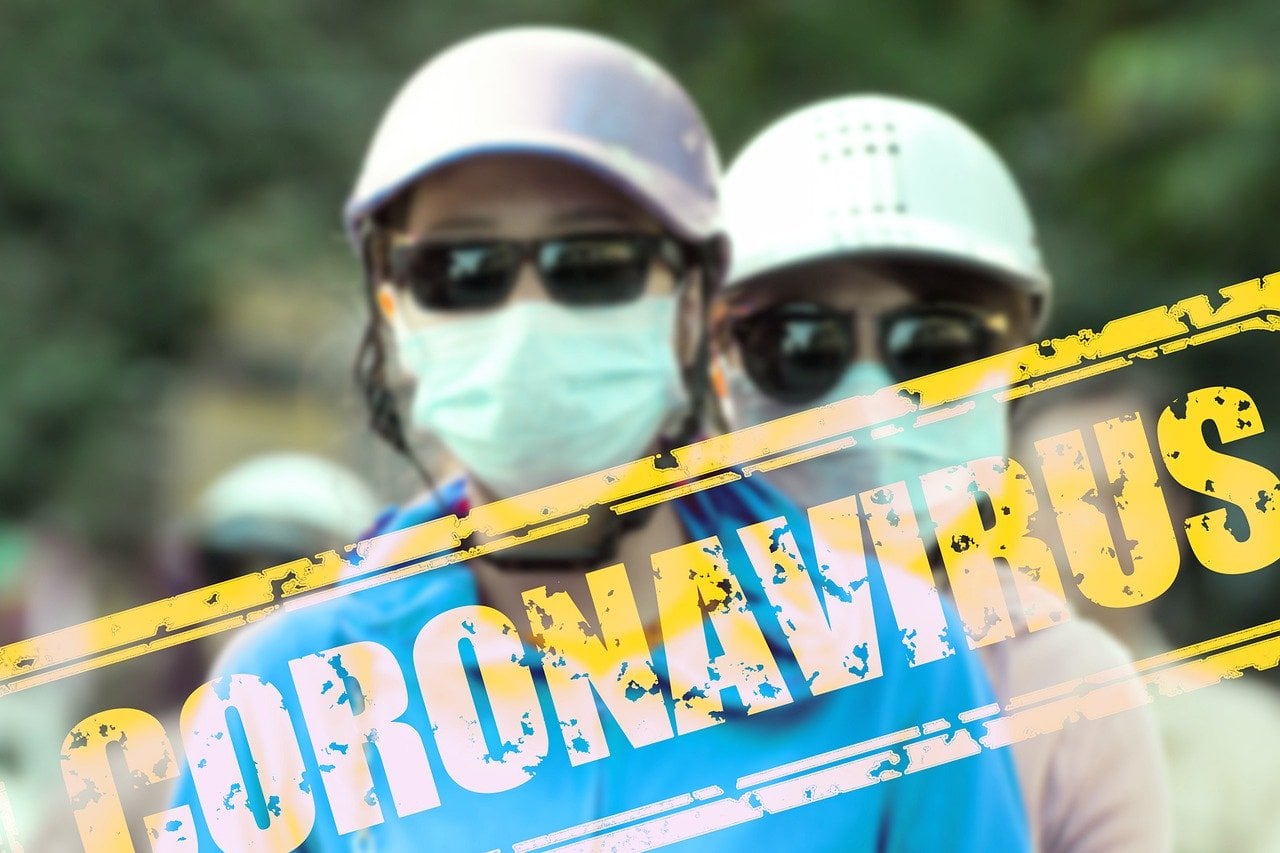China is trying even harder to control the narrative surrounding the coronavirus pandemic. Unfortunately for Beijing, news outlets in other countries are not under their control. However, that isn’t stopping China from attempting to shape the narrative.
Q1 2020 hedge fund letters, conferences and more
The Daily Mail reported that the Wuhan Institute of Virology has been conducting research on bat coronaviruses from the cave where COVID-19 is believed to have originated. The lab is one of two labs in Wuhan that has repeatedly been mentioned in conjunction with the origins of the virus. The newspaper reported last week that U.K. ministers are now concerned that the virus may have leaked from the institute, causing the pandemic.
The Mail cited documents it obtained for the information about the Institute of Virology conducting research on coronaviruses from mammals collected over 1,000 miles away from Wuhan in Yunnan. The research was reportedly funded by a $3.7 million grant from the U.S. National Institutes of Health. The British news outlet reports that sequencing of the COVID-19 genome traces its origins to bats in the caves of Yunnan.
Government sources reportedly told the Daily Mail that "the balance of scientific advice" still suggests that COVID-19 originated in a live animal market in Wuhan. However, they are no longer discounting the possibility of an accidental infection in a lab in Wuhan. One unverified claim suggested researchers at the Wuhan Institute of Virology may have gotten infected after they were sprayed with blood that carried the virus.
The Mail learned on Sunday that researchers at the institute experimented on bats using funds from a U.S. grant. They published their results in November 2017 with the title "Discovery of a rich gene pool of bat SARS-related coronaviruses provides new insights into the origin of SARS coronavirus." The research was summarized as capturing bats in a cave in Yunnan and sampling them for experiments in the lab.
In response to the Mail's reports on China and the coronavirus pandemic, the Chinese embassy in the U.K. published a letter on what it called "unjustified comments on the origin of COVID-19." The letter described the theory linking the novel coronavirus to the lab in Wuhan as "groundless."
The embassy's letter noted that tracing work on the origin of COVID-19 is still underway, so there has been no scientific or medical conclusion on it yet. It also called attention to the World Health Organization's comments that the pandemic is a global phenomenon, and the source has not been determined yet. The WHO has also said that the narrative should focus on containment and that "any stigmatising language referring to certain places must be avoided," according to the embassy's letter.
The embassy also said the agency chose the name COVID-19 to avoid making a connection between the virus and "certain places or country."
"The origin of a virus is a complicated, scientific issue," the letter states. "It should be left to scientists and doctors to find out through studies and research. Hasty and reckless allegations, such as naming China as the origin in an attempt to shift the blame, before any scientific conclusion is reached, is totally irresponsible and will definitely do harm to international co-operation at this critical time."
As China calls on scientific research to identify the origin of the coronavirus pandemic, there are signs that Beijing is cracking down on researchers. The Guardian reports that the websites for two top Chinese universities seem to have published and removed pages that referenced a new policy that requires papers about COVID-19 to receive additional vetting before being submitted for publishing.
The notices were posted on the websites of the China University of Geosciences in Wuhan and Fudan University. The Guardian accessed the deleted webpages from online caches. SOAS China Institute Director Steve Tsang told the newspaper that authorities in China have prioritized controlling the coronavirus pandemic narrative over public health and economic fallout from the virus.
The China University of Geosciences seems to have posted and deleted new guidelines requiring research papers that deal with the origins of COVID-19 to be approved by the Ministry of Science and Technology before they are published.
The Guardian also obtained another document that couldn't be independently verified, although it appears to be from Wuhan University's Renmin Hospital. The document also states that academic papers dealing with the origin of the coronavirus will have to be approved by the ministry.













